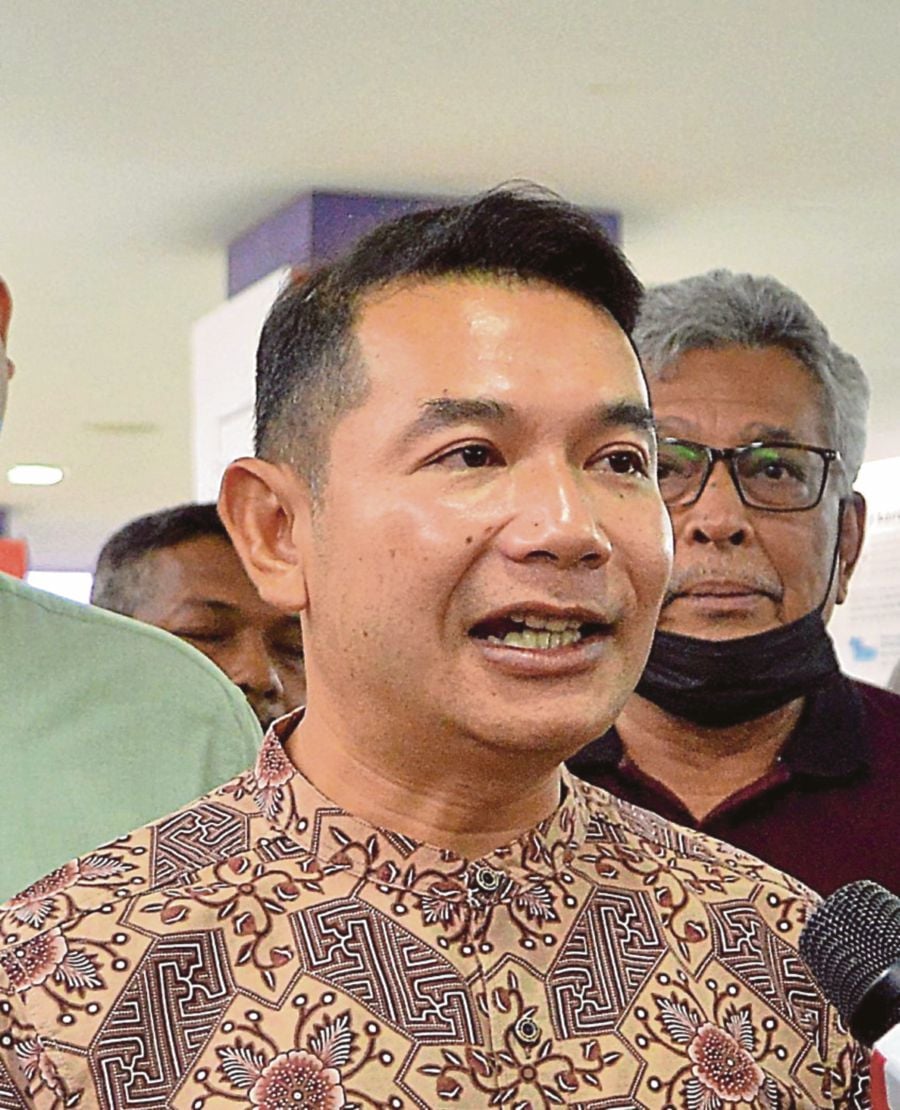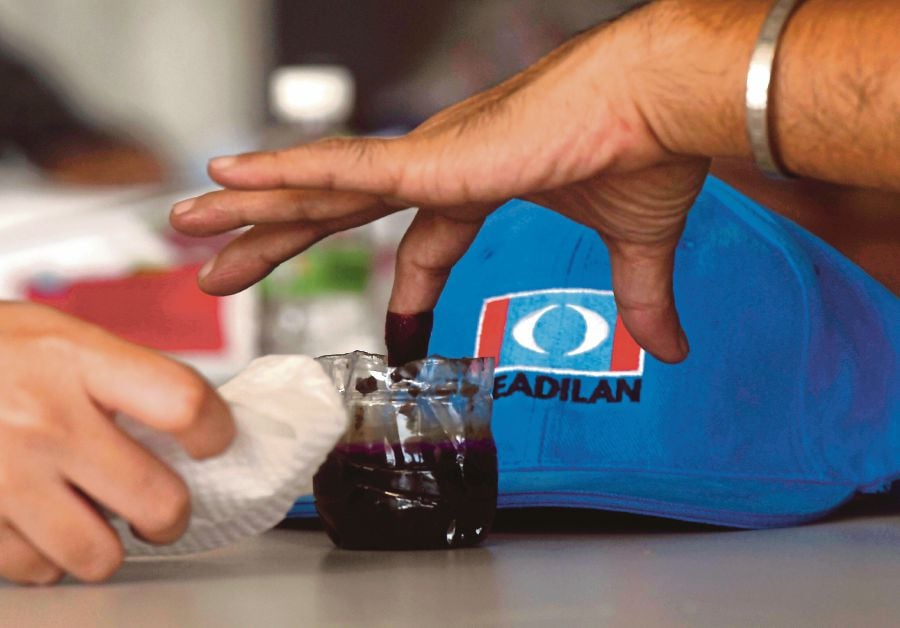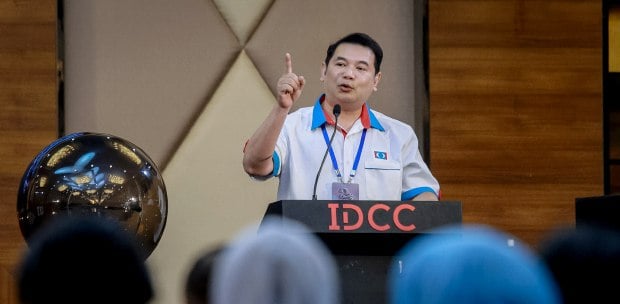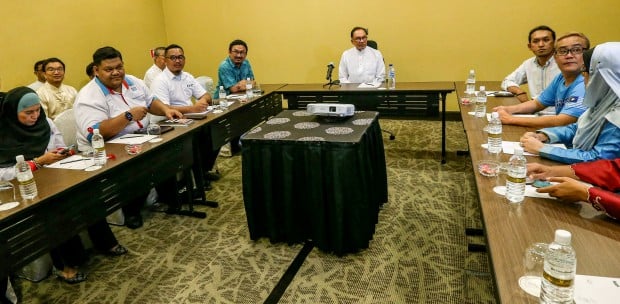WHILE truth and facts can be a mere convenience in politics, Rafizi Ramli has voiced out what needed to be heard by PKR in his campaign for the party's deputy presidency.
His loud demands for the party to reinstate its integrity became a rallying call for party members, both young and old, to review PKR's leadership, which was left impaired by the infamous Sheraton Move in 2020.
PKR's defeat in the subsequent state polls, with the worst performance in Melaka, revealed its already weakened state. Its top lieutenants were raising possibilities of alliance with political enemies and those who had deserted them for positions, power and, at the very least, political security.
What hurts the most, perhaps, was the notion of shaking hands with several Umno figures with questionable morals — a move, if realised, would affirm the loss of PKR's clout.
Furthermore, the absence of former PKR stalwart Datuk Seri Azmin Ali and his faction following their departure through the Sheraton Move had provided a better opportunity for Rafizi's campaign to take root among the party's stakeholders.
These were among the factors that had riled up the masses of staunch PKR grassroots, who ensured that the results of the party polls would steer them out of the gloomy predicament.

Rafizi's victory to secure the party's No. 2 position showcased members' political willpower — to effect change not seen in other parties in recent times.
Several analysts had pointed out that PKR had decided to be more "youthful", as seen in its party polls results. While this sounds simplistic at a glance, it should not be overlooked.
PKR is working towards breaking the country's political tradition by populating its top leadership with younger office bearers, unlike Umno and Pas, which have chosen to remain in the comfort zone despite the changing political interests and demands of the people.
The instances seen in the defeat of Datuk Johari Abdul and Chua Tian Chang, both of whom were running for the party branch chief posts in Sungai Petani and Batu respectively, signified a call for a fresher outlook.
It is a reform that PKR believes is needed to stay true to its reputation as a people-centric movement or risk a decline in support among new voters to the opposition led by Syed Saddiq Syed Abdul Rahman's Muda, among others.
Elsewhere, some politicians have summarised the victory of Rafizi's faction as a form of rejection of party president Datuk Seri Anwar Ibrahim, who has seemed ineffective in bringing PKR onto a stronger platform since 2020.
Nevertheless, as it stands today since 20 years ago, in the eyes of members, Anwar remains a central figure in the party's campaign.
There are still party leaders who cling to Anwar's brand or name to further their respective agendas.
This is despite the insistence by some party outsiders that the party needs to move on beyond Anwar's leadership.
Fresh from the polls, it is yet to be certain the strategy Rafizi will be employing for the 15th General Election. Reasserting PKR's dominance as the face of Malaysian opposition will be an uphill task. It would not be surprising if Rafizi needs to maintain his blunt or "brash" approach when dealing with issues.
After all, he did not beat around the bush to talk his way into being elected the party's deputy president.






